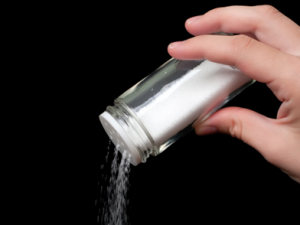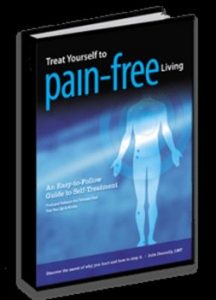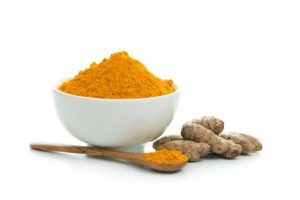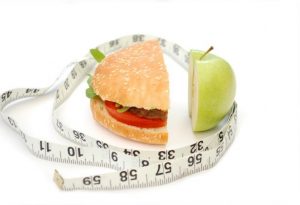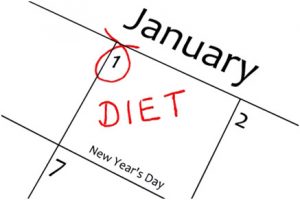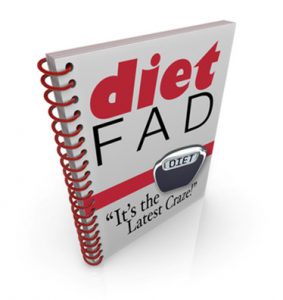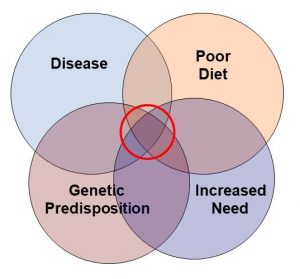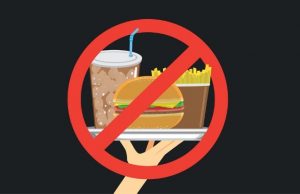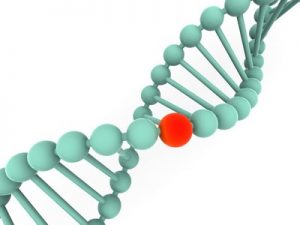Don’t Let A Leg Cramp Stop You Short
Author: Julie Donnelly, LMT – The Pain Relief Expert
Editor: Dr. Steve Chaney
 Getting a leg cramp while you are running can be the “straw that broke the camel’s back.” If you don’t treat it properly and quickly when it is happening, you may limp to the finish line, and you can suffer from its effects for days afterward. I will show you the best calf cramps remedy below. First, let’s go over spasms and muscle cramps.
Getting a leg cramp while you are running can be the “straw that broke the camel’s back.” If you don’t treat it properly and quickly when it is happening, you may limp to the finish line, and you can suffer from its effects for days afterward. I will show you the best calf cramps remedy below. First, let’s go over spasms and muscle cramps.
A spasm and a cramp are similar because it’s a shortening in the muscle fiber, but that’s where the similarity ends. A spasm is a slow-forming shortening of a group of fibers that tie up into a knot in the muscle. You can feel a spasm with your fingertips, it feels like a bump as you slide along the full length of the muscle. With a spasm, as you press down and slide, it doesn’t hurt until you get to the spasm, and then it can really hurt. But then it stops hurting as you slide off the spasm. A spasm refers pain to the insertion points of the muscle and frequently doesn’t hurt where the spasm has formed (that is, until you press on it).
Why Do Your Muscles Cramp?
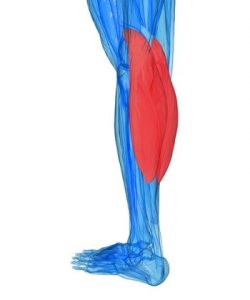 A cramp (Charlie horse) is when all the fibers of the entire muscle suddenly and violently contract. The muscle will quickly shorten and can go into a huge knot, or it will just totally shorten.
A cramp (Charlie horse) is when all the fibers of the entire muscle suddenly and violently contract. The muscle will quickly shorten and can go into a huge knot, or it will just totally shorten.
Usually a cramp happens in your calf muscle, although it can happen to any muscle in the body. Your calf is comprised of two major muscles, the gastrocnemius and soleus. The gastrocnemius, which is shown in this graphic, originates behind your knee and inserts into your Achilles tendon.
Visualize the muscle suddenly shortening, pulling up on your Achilles tendon, and becoming a mass of tight knots through the entire muscle.
Muscles have an “all or nothing” response. This means that when a muscle fiber contracts, it will shorten 100% of its length. It never starts to shorten and then make a U-turn and lengthen. A cramp is seriously painful, and if you try to stretch it out as it’s happening, you can tear the muscle fibers. In fact, that’s the reason it hurts for sometimes days after the cramp.
A Calf Cramps Remedy You Can Administer Yourself
 The best thing to do is to squeeze the two ends of your calf muscle together, which will help the cramp complete as quickly as possible. This will hurt, but for less time than the normal cramping process. Hold your calf tightly, as shown in this picture, and continue to press the two ends toward each other.
The best thing to do is to squeeze the two ends of your calf muscle together, which will help the cramp complete as quickly as possible. This will hurt, but for less time than the normal cramping process. Hold your calf tightly, as shown in this picture, and continue to press the two ends toward each other.
Hold it until you can breathe normally (about 30-45 seconds), and then release. Breathe for a minute or so, and then push the two ends together again. This second time won’t hurt, you are only doing it to make sure that all the fibers have completed the contraction.
 Once you have stopped the cramp, don’t stretch…yet. You need to flush out the hydrogen ions (AKA lactic acid) that rapidly built-up in the muscle during the cramp.
Once you have stopped the cramp, don’t stretch…yet. You need to flush out the hydrogen ions (AKA lactic acid) that rapidly built-up in the muscle during the cramp.
There are many ways to self-treat your calf. If you are out on the road you can either sit on a bench or lie on the ground and put the sore calf onto your opposite knee. Press down and hold the pressure for 30 seconds. Then deeply press along the muscle going from the back of your knee toward your ankle.
 You can also use your opposite heel and press deeply, straight into your calf.
You can also use your opposite heel and press deeply, straight into your calf.
Start at the top of the muscle and move down toward your ankle. Stop whenever you come to a point that is especially painful. The point should be close to the area shown in this picture.
Hold the pressure for 30-60 seconds, or until it doesn’t hurt anymore. Release, and then repeat 2-3 times.
Complete this self-treatment by squeezing your calf muscle, like you are wringing out a wet towel. This will force blood into your muscle and get your circulation moving again.
Proof That My Treatments Work
I once taught this technique at an Ironman Triathlon during a 15-minute session I was giving to the triathletes. Several days later a triathlete emailed me and told me that he had a cramp as he was running, and he did the treatment I’d taught him. It cost him a few minutes (he wasn’t in the top three, so the time loss wasn’t a huge issue) but he was able to get up and get back to running, totally without pain.
About a mile later he got a cramp in the other leg, but he automatically started to just stretch it like he’d always done before. He ended up limping all the way to the finish line, and days later it was still hurting. He wanted to let me know that my cramp treatment really worked great. This was especially helpful because I’d always wondered what body chemistry did to the outcome of treating a cramp, and here I found out that chemistry wasn’t involved in the treatment of the muscle fibers.
What To Do After The Calf Cramps Remedy
If the cramp happens during a race or athletic event, knowing how to stop it, and these quick massage techniques, will get you back into the game. But it hasn’t totally resolved the issue. Finally, when you have the time to be detailed (after the race, in the evening, etc.), it is important to work out all the spasms and then stretch properly.
When you are treating the muscles afterward, I suggest you consider getting an analgesic cream that goes way deep into the muscle fibers. Use it when you are massaging the muscle, but don’t put it on before you play, run, or before/after a shower because it will go too deep into the muscle and burn like crazy. After you do the treatments, use ice &/or arnica gel (get it at a good health food store) to heal the bruised muscle fibers and help with pain and swelling. Arnica is fantastic, it’s an amazing homeopathic remedy that has been around for ages and really works.
Naturally you will also want to make sure you hydrate properly and that your diet, vitamins and minerals are all in balance.
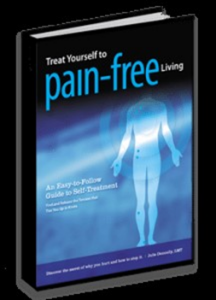 Cramping is a common problem athletes face, but with a little bit of effort you can prevent muscle injury and get back in the race quickly!
Cramping is a common problem athletes face, but with a little bit of effort you can prevent muscle injury and get back in the race quickly!
You can find the full treatments for your muscle cramps by going to my book, Treat Yourself to Pain-Free Living . This book has treatments for your entire body, from your head to your feet. YOU are your own Best Therapist! Stop pain quickly and easily with self-treatments you can do anytime, anyplace.
Wishing you well,
Julie Donnelly
About The Author
Julie Donnelly is a Deep Muscle Massage Therapist with 20 years of experience specializing in the treatment of chronic joint pain and sports injuries. She has worked extensively with elite athletes and patients who have been unsuccessful at finding relief through the more conventional therapies.
She has been widely published, both on – and off – line, in magazines, newsletters, and newspapers around the country. She is also often chosen to speak at national conventions, medical schools, and health facilities nationwide.
These statements have not been evaluated by the Food and Drug Administration. This information is not intended to diagnose, treat, cure or prevent any disease.








